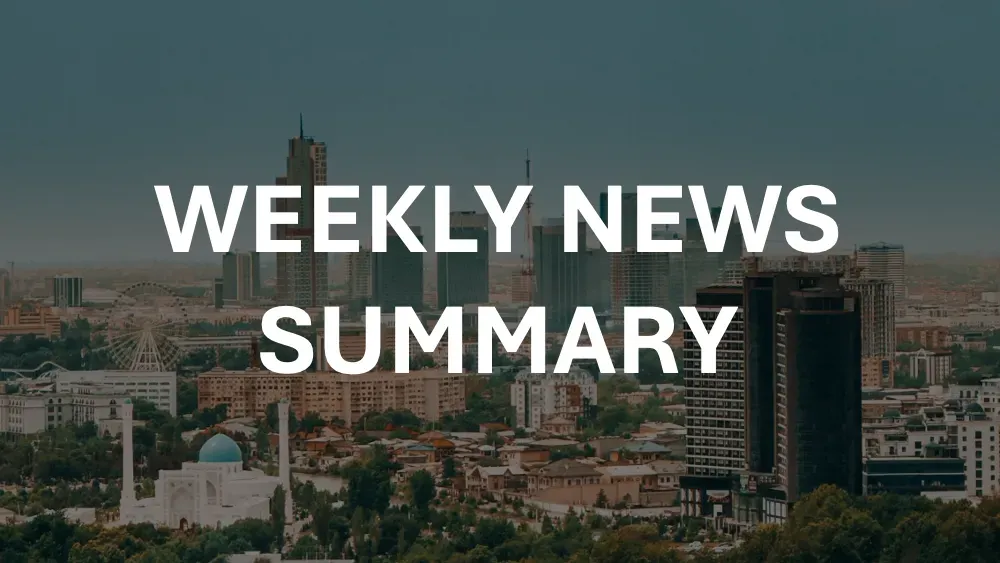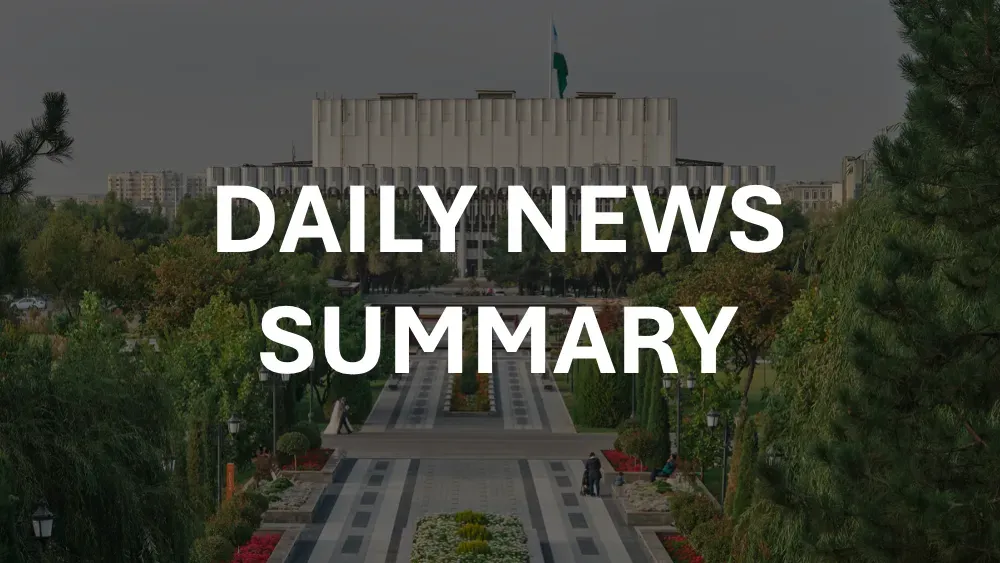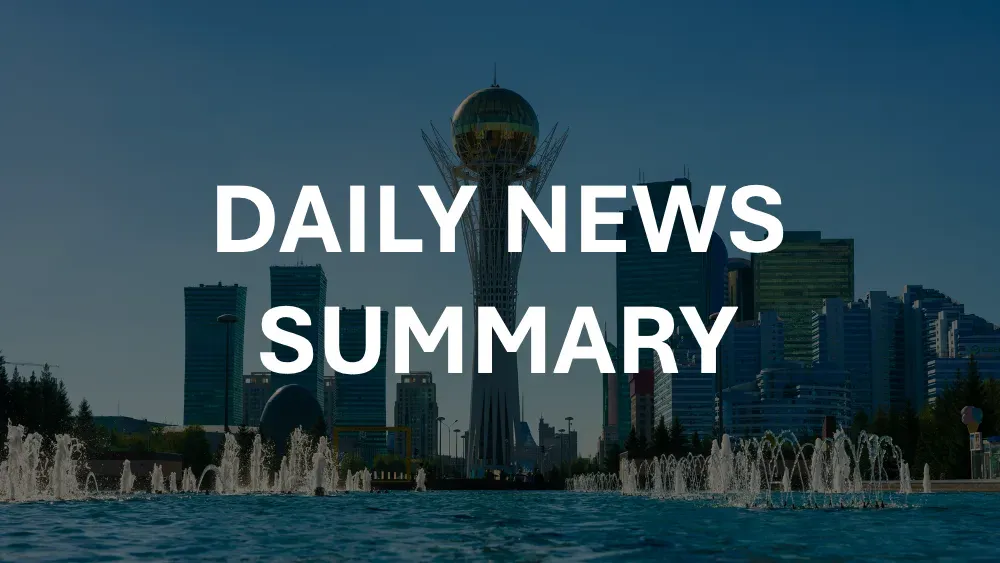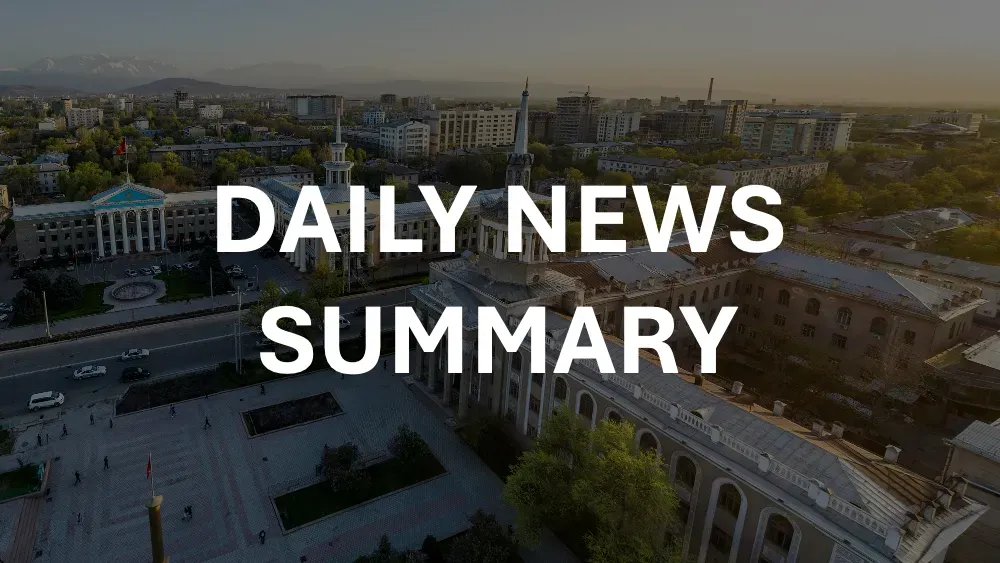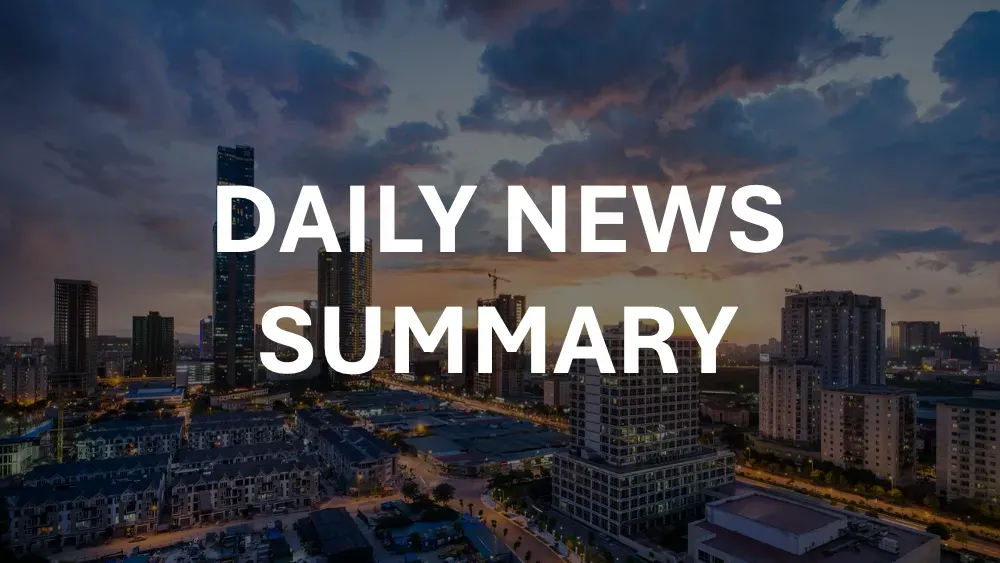This weekly digest showcases just 10 stories. Daily subscribers receive comprehensive intelligence briefs with 40 of the top stories organized by category. Don't miss the stories that matter.
Subscribe to Daily →
October 31, 2025 to November 6, 2025
This week's top 10 stories from Uzbekistan, selected from our daily intelligence briefs.
1. White House Hosts C5+1 Leaders’ Summit as Washington Signals Deeper Central Asia Focus
On 6 November the United States will host for the first time the leaders of Central Asia’s five states under the C5+1 format, marking the platform’s 10th anniversary and a deliberate U.S. shift from primarily security- and energy-focused engagement to deeper economic ties across supply chains, critical minerals and diversified investment. Washington’s stepped‑up outreach — including recent visits to Uzbekistan and Kazakhstan — seeks to align the region with global supply chains less dependent on China and Russia; officials highlight Uzbekistan’s deposits of 14 rare elements (including lithium and tungsten), Kazakhstan’s supply of 39% of global uranium, and Tajikistan’s 15% share of antimony as strategic assets for vertical integration following the U.S. Critical Minerals Dialogue launched in February 2024.
Analysts and U.S. envoys frame the summit as an opportunity to institutionalize cooperation on critical‑minerals processing, renewables and the Trans‑Caspian “Middle Corridor,” while expanding security collaboration on counterterrorism and border control without direct confrontation with Moscow. Proposals under consideration include deeper industrial partnerships, expanded education and governance programs to erode Russian and Chinese soft power, and even extending C5+1 to the South Caucasus (notably Azerbaijan). The Biden administration positions this as a long‑term, practical push—“a direct line to the White House,” in U.S. envoy Sergio Gor’s words—aimed at balancing rival influence through trade, investment and connectivity rather than military pressure.
Local Coverage: qalampir.uz, uza.uz, gazeta.uz, anhor.uz
From daily briefs: 2025-11-04, 2025-11-07
2. Tashkent, Taliban Foreign Ministers Discuss Regional Stability and Bilateral Ties by Phone
On 2 November, Uzbekistan’s Foreign Minister Baxtiyor Saidov spoke by phone with Mawlawi Amir Khan Muttaqi, acting foreign minister of Afghanistan’s Taliban administration, to review bilateral ties and regional dynamics; both sides reaffirmed commitments to strengthen cooperation, promote peace and stability, and rely on diplomacy to manage challenges. The Taliban ministry emphasized relations based on mutual respect, non-interference and constructive engagement, signaling continued practical engagement between Tashkent and Kabul on security and connectivity despite the interim Afghan government’s limited international recognition.
Saidov also met Tajikistan’s Foreign Minister Sirojiddin Muhriddin in Tashkent to assess steady progress in bilateral relations and reiterate commitments to deepen cooperation, consolidate trust, and expand regional collaboration. While no new initiatives were announced, the exchanges indicate likely near-term coordination across economic and security tracks—potentially easing cross-border procedures and advancing joint projects to bolster connectivity, resilience and sustainable development in Central Asia.
Local Coverage: qalampir.uz, uzdaily.uz
From daily briefs: 2025-11-02, 2025-11-03
3. Bilateral Market-Access Talks Conclude with Canada and Panama in WTO Accession Push
Uzbekistan has completed bilateral market-access negotiations with Canada and Panama as part of its ongoing WTO accession process, signing protocols at the 11th meeting of its WTO Working Party. These deals follow recent closures with the EU and earlier agreements with the U.S., China, the U.K., Argentina, Australia and Honduras, and leave negotiations reportedly open with just three unnamed countries. The government aims to finish accession talks ahead of the WTO’s 14th Ministerial Conference in March 2026; once accession is concluded, the tariff and services commitments agreed bilaterally will apply multilaterally.
For international traders, investors and project financiers, the protocols provide greater predictability through defined tariff and services schedules and help lock Uzbekistan into global trade rules, supporting export expansion and deeper integration into global value chains. Officials also highlight potential spillovers for financing and infrastructure pipelines already active with partners such as USAID, DFC and USTDA, suggesting the accession push could accelerate foreign direct investment and project implementation if the remaining bilateral talks are resolved before the 2026 ministerial.
Local Coverage: gazeta.uz, kun.uz, qalampir.uz, uza.uz
From daily brief: 2025-11-07
4. Senate Ratifies Tripoint Border Treaty with Kyrgyzstan and Tajikistan
Uzbekistan’s Senate has ratified a trilateral treaty with Kyrgyzstan and Tajikistan that legally fixes the exact tripoint where their borders meet, a pact signed in Khujand on March 31, 2025. The law elevates prior understandings to a binding international instrument, a step lawmakers and officials framed as part of President Shavkat Mirziyoyev’s broader agenda to institutionalize neighborly relations and stability in Central Asia.
Analytically, ratification reduces legal ambiguity at a historically sensitive juncture and should streamline border management, cross-border cooperation and confidence-building among the three states. By converting a diplomatic understanding into a rules-based agreement, the treaty helps de‑risk potential local tensions and strengthens the legal framework for resolving remaining border issues, signalling a pragmatic shift toward formalized regional governance.
Local Coverage: uzdaily.uz
From daily brief: 2025-11-02
5. Shadow and Informal Economy Expands to One-Third of GDP During Q3
Uzbekistan’s unobserved economic activity—covering shadow and informal sectors not fully captured by official statistics—grew to 33.3% of GDP for January–September 2025, up from 32.9% in the first half of the year, signaling persistent structural informality despite ongoing formalization and tax-administration reforms. The expansion in Q3 implies a larger-than-reported segment of retail, services and small manufacturing operating outside compliance, which can distort productivity and employment metrics used by investors and policymakers and complicate fiscal planning by reducing tax revenues.
For international businesses the trend raises operational and reporting risks: official figures may understate true market size while legal and competitive conditions differ from recorded data. The rise to one‑third of GDP underscores the need for enhanced due diligence with local partners, tighter cash‑flow controls, and strengthened compliance frameworks when assessing market entry, pricing and tax exposure in Uzbekistan.
Local Coverage: kun.uz
From daily brief: 2025-11-01
6. Direct Financial Transactions Planned Between Pakistan and Uzbekistan to Boost Trade
Uzbekistan’s ambassador to Pakistan, Alisher To‘xtayev, and Pakistan’s deputy commerce minister, Mari Kazi, have discussed creating a direct financial transactions mechanism to facilitate bilateral trade and target a $2 billion annual trade turnover, aiming to reduce settlement frictions, lower transaction costs and speed payments for exporters and importers. Priorities identified include aligning banking channels, exploring local-currency settlements, and streamlining logistics to cut delivery times and costs; no implementation timeline or specific instruments were specified.
The talks also advanced multimodal logistics cooperation, with Uzbekistan’s rail operator and cargo subsidiary meeting Pakistan’s SLG Trax Group to develop the “Uzbekistan–Afghanistan–Pakistan” corridor—including prospects for new freight flows, container trains, competitive tariffs and coordinated services. Both sides stressed securing uninterrupted transit through Afghanistan and diversifying routes to boost South Asian market access, consistent with Uzbekistan’s broader strategy to deepen regional economic ties and reduce reliance on intermediary hubs.
Local Coverage: kun.uz, uzdaily.uz
From daily briefs: 2025-11-01, 2025-11-05
7. Chinese Builder SCG Explores PPPs for Water Treatment Plants and Industrial Infrastructure in Uzbekistan
Uzbekistan’s Chamber of Commerce and Industry and utility operator Uzsuvta’minot have opened talks with China’s Shaanxi Construction Engineering Group (SCG) to develop water treatment and industrial infrastructure projects, exploring public–private partnership (PPP) models with 10–20 year finance‑and‑operate terms. Projects under review include a 50,000 m3/day water treatment plant for Yukori Chirchiq in Tashkent region and a 25,000 m3/day plant for Paxtaobod in Andijan region; the parties also discussed a novel textile‑sector initiative intended to increase export capacity for local producers.
SCG — a major state‑owned contractor from Shaanxi with roughly 460 subsidiaries, 12 overseas offices and over 120,000 employees — brings broad experience in civil, industrial, transport, energy and hydrotechnical works. Both sides agreed to define practical steps toward joint investment projects, signaling a move to create bankable PPP pipelines in Uzbekistan’s utilities and industrial sectors and potentially accelerate foreign‑backed infrastructure delivery and export‑oriented industrialization.
Local Coverage: uzdaily.uz
From daily brief: 2025-11-06
8. Bilateral Investment Protection Pact with Italy Ratified, Assigning Oversight to Cabinet Agencies
President Shavkat Mirziyoyev has ratified the bilateral Agreement on the Promotion and Protection of Investments between Uzbekistan and Italy, concluding a pact signed in Samarkand on 29 May 2025 during Italian Prime Minister Giorgia Meloni’s visit. The ratification gives the treaty domestic legal force and assigns implementation and oversight to the Cabinet of Ministers and relevant ministries, institutionalizing a coordinated government role in enforcing its provisions.
The agreement is expected to strengthen guarantees for Italian and Uzbek investors—typically including fair and equitable treatment, protection against expropriation, free transfer of funds and dispute-settlement mechanisms—which can reduce risk premiums and encourage larger, longer-term capital flows into Italy-facing projects and market reforms in Uzbekistan. By designating cabinet-level oversight, Tashkent signals intent to align investment protections with ongoing reform priorities and planned bilateral investment pipelines.
Local Coverage: kun.uz, uzdaily.uz
From daily brief: 2025-11-04
9. Energy Minister Pledges Stable Winter Supply as Grid Upgrades Accelerate; Relief Proposed for Homes Without Gas
Uzbekistan’s Energy Minister Jo‘rabek Mirzamahmudov said the country has sufficient generation capacity for the coming winter but is prioritizing modernization of aging distribution networks — identified as the main bottleneck — with more than one-third of low-voltage lines older than 40 years. The ministry has secured financing for grid upgrades through next summer, moved sector operations to 24/7 monitoring, and developed contingency plans for extreme weather; technical approvals for new gas connections limited to heating and cooking have been suspended to curb inefficient consumption and protect supply priorities.
Mirzamahmudov indicated no tariff changes are expected this year or this winter and said a proposal to discount electricity for households not connected to gas is being finalized for submission by year-end, pending additional infrastructure calculations. The measures signal a shift from generation concerns to distribution resilience and demand-management, with near-term investment and regulatory steps intended to reduce outage risk and moderate load growth as appliance use rises.
Local Coverage: kun.uz, gazeta.uz
From daily brief: 2025-10-31
10. C5+1 lead‑up spurs expanded U.S. financing talks and aviation deals with Tashkent
Ahead of the C5+1 leaders’ summit, Uzbekistan has stepped up U.S. engagement to secure financing and commercial ties that support its infrastructure, energy transition and regional hub ambitions. During President Shavkat Mirziyoyev’s Washington visit (two-day working trip culminating in the C5+1 summit), he met U.S. Ex-Im Bank head John Yovanovich and DFC CEO Ben Black to advance expanded funding for large projects across energy, critical minerals, transport, agriculture and IT; Uzbekistan’s Investment, Industry and Trade Ministry signed an Ex‑Im agreement that targets joint project finance and fleet modernization to facilitate Boeing deliveries. The push follows September announcements of roughly $4 billion in U.S.-linked energy and infrastructure projects involving Schlumberger, Baker Hughes and Air Products, plus a deal for 22 Boeing 787 Dreamliners that could position Tashkent as a regional aviation hub and enable future direct flights to Europe and North America.
The meetings also included U.S. congressional engagements (House members Bill Huizenga, Carol Miller, Sydney Kamlager‑Dove and Senator Steve Daines), who signaled legislative support — including work to lift Jackson–Vanik restrictions — and agreed to reciprocal delegations to accelerate trade and state‑to‑state links with targeted U.S. states. Analysts expect the C5+1 agenda to emphasize infrastructure, energy transition, digital integration and cybersecurity; a potential DFC regional office in Tashkent would streamline due diligence and could unlock larger U.S.-backed private capital, aligning with Uzbekistan’s privatization and public–private partnership pipeline.
Local Coverage: uza.uz, anhor.uz, gazeta.uz, qalampir.uz, kun.uz, uzdaily.uz
From daily briefs: 2025-11-06, 2025-11-07
About This Weekly Digest
The stories above represent the most significant developments from Uzbekistan this week, selected through our AI-powered analysis of hundreds of local news articles.
Stories are drawn from our daily intelligence briefs, which synthesize reporting from Uzbekistan's leading news sources to provide comprehensive situational awareness for international decision-makers.
These weekly highlights are a small sample of what's happening. Daily subscribers get comprehensive briefings with 40 top stories that connect the dots between events, track developing stories, and provide the context you need for informed decision-making.
Upgrade to Daily →
